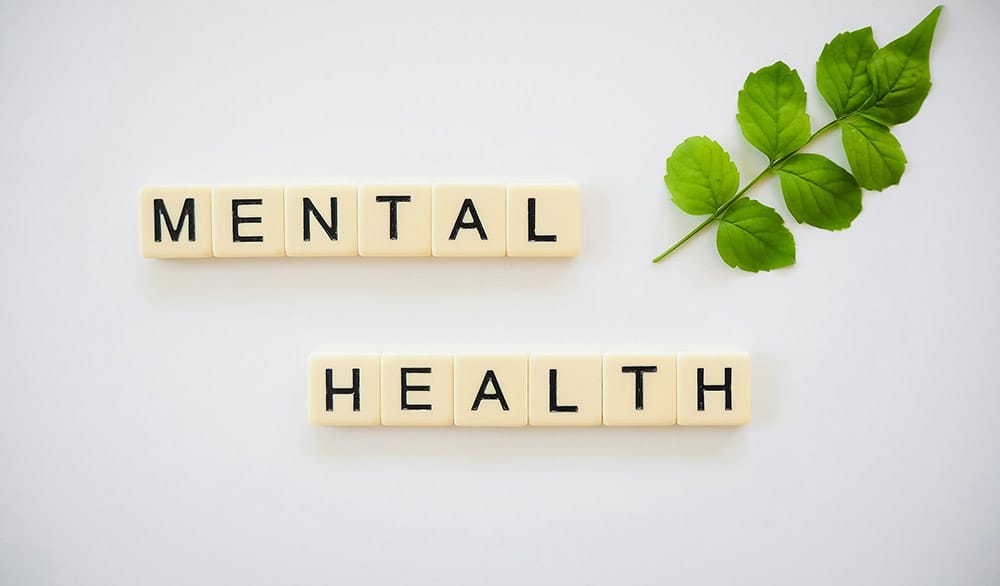How TDEE Impacts Your Mental Health and Cognitive Function

Not only is the Total Daily Energy Expenditure (TDEE) a measure of calories burned, but it also has a very high correlation to mental health and cognitive function. So the energy balance—caloric intake versus energy expenditure—is important for mental well-being and brain health in the context of mood regulation. And this paper is going to document how TDEE affects brain function and what state it puts you in; hence, it is pertinent to tune up your energy needs for a healthy mind.
How Caloric Intake Relates to Brain Function
The organ in the body that is amongst the toughest in terms of energy is the brain. Even when at rest, it demands up to approximately 20% of the total energy, yet it does not weigh up to 2% of the body’s weight. The steady supply of glucose, fatty acids, and other nutrients—from the metabolic products of the food we ingest—needs to come in so that one can have a readily available energy level at any time. When caloric intake corresponds to TDEE, then brain efficiency or performance is ensured. It is the mismatch of either too few or too many calories in relation to TDEE that has the potential to impact brain function and mental well-being negatively.
In terms of cognitive impairments, feelings of stress, fatigue, irritability, trouble with memory, or difficulty focusing, research is quite consistent in indicating that low energy intake and lack of essential nutrients may bring about such problems. Overeating or having too many calories can lead to brain fog, sluggishness, or even cause cognitive decline in the long term. In this context, TDEE is a key player that helps in maintaining mental health by balancing the inputs and outputs of energy.
Any time a person has less fuel than their body requires, over a long-enough period of time (in other words, creating a caloric deficit), both physical and mental health can truly suffer in a big way. Energy decreases, and the process of assimilation will be slower, along with the resultant effects on mental processes like memory, decision making, and problem-solving. The mind cannot work effectively without energy; thus, low intake will impact these functions. Therefore, maintaining an adequate diet, along with proper energy intake, meets the brain’s nutrient needs for sharpness and focus.
The other side of the coin is that taking in extensive calories can also have a serious effect on cognitive function. To worsen the state of one's mental health, excess calories—coming mainly from processed foods and refined sugars—could present some brain disorders associated with it.
According to research, excessive intake of calories leads to increased memory problems and cognitive decline. It can trigger obesity and, according to studies, the risk of developing neurodegenerative diseases, such as Alzheimer's and Parkinson's disease, because of inflammation caused by the excessive fat deposits that impair the function of the brain. Also, too many calories consumed can interfere with the brain's ability to process information and regulate emotions. This is because mental energy directed at cognitive tasks may have to be diverted toward processing these newly stored excess fats. Consequently, brain fatigue, brain fog, and difficulty concentrating may occur—symptoms that do not aid productivity or overall cognitive health.
The Role of Nutritional Timing in Connection with TDEE
Even when total caloric intake is questioned, if TDEE will be modified toward your mental performance, the timing of eating may also have an important role. Research indicates that one should eat regular intervals throughout the day to keep energy steady; missing meals or eating a lot all in one go can lead to low energy levels. Such low energy supply to the brain may lead to dips in cognitive functioning experienced by some participants once glucose levels fall too low across meals.
For instance, if a person is consuming well-balanced meals containing a proportionate mix of complex carbohydrates, lean proteins, and healthy fats, this sets a steady flow of energy to the brain. Research also indicates that nutrients like omega-3 fatty acids may offer some benefits in sustaining brain function and enhancing mood. It is, therefore, most important how the calories that you take are spread throughout the day to maintain proper energy levels and cognitive abilities.
How Exercise Affects TDEE and Mental Health
Here is where both TDEE and exercise meet, contributing to improved mental health and enhancing cognitive function. Regular exercise helps to reset metabolism hormones in the body and energy expenditure, hence TDEE. The essence of physical activity brings improved blood flow to the brain, an increase in the production of BDNF, and better regulation of stress hormones like cortisol.
Another important role of exercise is in the release of endorphins, which are brain chemicals contributing to happiness, therefore improving mood almost immediately. This is the reason why people with conditions like anxiety, depression, or other forms of mental disorders are usually advised to engage in some form of regular physical activity. Increased energy expenditure through exercise not only aids in the maintenance of body weight, but it also improves mood and cognitive function, hence better mental health.
How to Adjust TDEE for Mental Health Purposes
To maximize your mental health and cognitive functioning, you need to be able to balance your TDEE with your calories. Here are tips on energizing needs to correlate with mental health outcomes:
- Move: Stay energized, go about your daily activities; exercise gives you a boost of energy both physically and mentally.
- Monitor caloric intake: Make sure there is sufficiency against the sum of activity and metabolic needs. If you are not very much aware of your TDEE, an online calculator should help you search for a basis.
- Consume nutrient-dense food: Whole and natural foods contain essential vitamins, minerals, and healthy fats necessary to maintain brain function.
- Replenishment through drinks: Very important for cognitive function; it also helps in neurotransmitter functions and the maintenance of mental clarity.
- Regular workouts: Get involved in physical activity at regular intervals to raise a person’s mood, enhance cognitive function, and, therefore, spur overall mental well-being.
- Be mindful of eating practices: Not overindulging or depriving yourself while establishing a routine eating pattern will keep your energy levels throughout the day.
In Conclusion
The TDEE has proved central in determining the physical and mental health of an individual. If you look at the brain functioning per TDEE, it would show improvement in one’s mood and cognitive performance, following the right energy balance. Both a caloric deficit and an excess of calories could enable any impending threat to the usually good mental health of a person. Thus, consumers need to balance their intakes between whole foods, regular exercise, and energy intake that is well distributed.



